what is rsv in babies mean
It enters the body through the nose or eyes or usually from. For most babies and young.
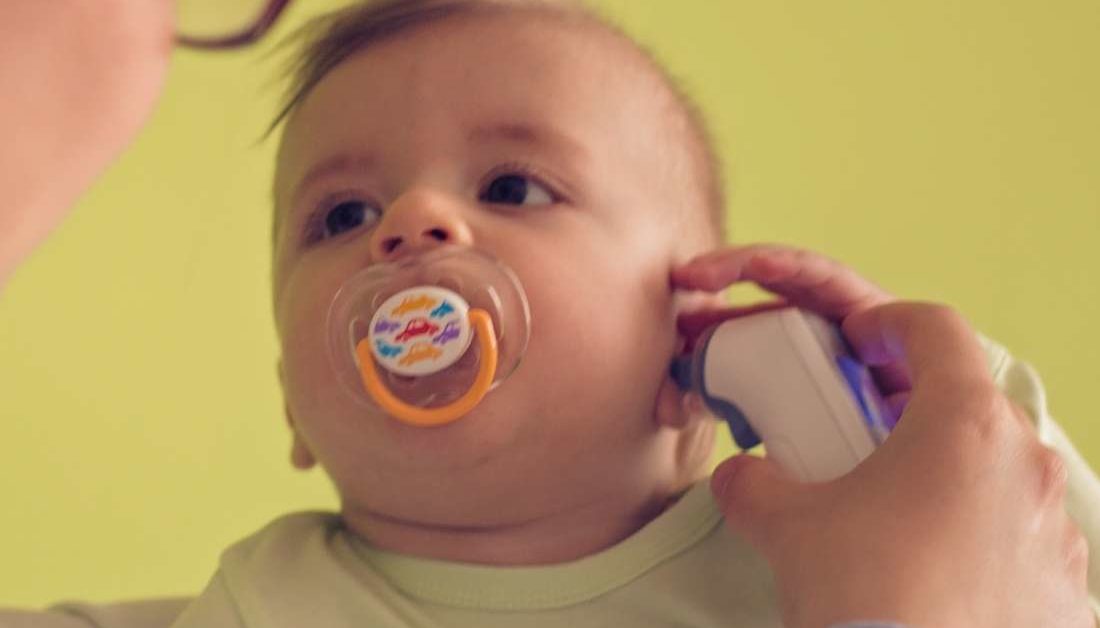
Rsv In Babies Symptoms Treatment And When To See A Doctor
Children younger than 1 year of age according to the CDC.
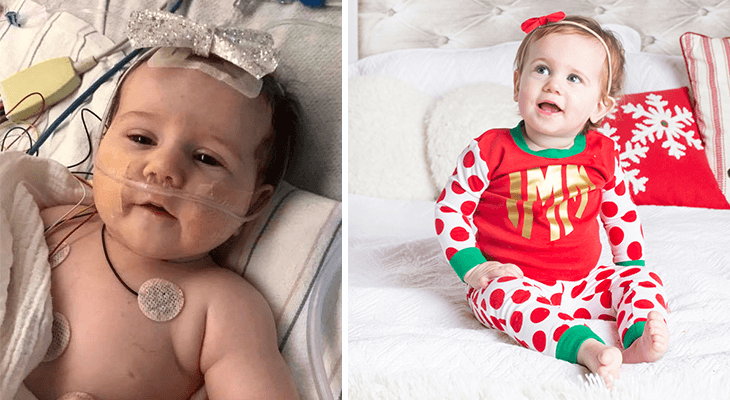
. But in infants an rsv. More serious RSV infections eventually reach down into the lower respiratory tract bronchial tubes and lungs. Rapid breathing or difficulty breathing the person may prefer to sit up rather than lie down.
RSV positive means a person has a respiratory syncytial virus infection. Most cases are mild. Luckily in most cases it.
RSV is a viral illness that causes trouble breathing. A sign that the infection is worsening is when symptoms get more severe. Rsv is a virus that causes acute respiratory tract infections in infants children and adults.
RSV spreads just like a common-cold virusfrom one person to another. Respiratory syncytial virus is a common and very contagious virus that infects the respiratory tract of most children before their second birthday. Symptoms of RSV in infants include.
In fact RSV is so common that nearly all children get the infection by the time they reach 3 years old. Bluish color of the skin due to lack of oxygen cyanosis Infants are most severely. Babies with RSV can develop bronchiolitis which causes coughing wheezing and labored breathing.
Increased work of breath retractions using neck and rib muscles to breathe Because RSV is a small airway disease and infants have the smallest. Babies who are younger than 6 months old may show different symptoms of an RSV infection including. RSV can also affect people of ages but its especially common in infants and young children.
Direct person-to-person contact with saliva mucus. It can progress beyond the upper. But rsv in babies is most serious.
Most babies have been infected at least once by the time they are 2 years old. For most babies and young children the. RSV is the most common germ that causes lung and airway infections in infants and young children.
RSV is most common in infants between 2 and 8 months of age. A long exhale sound usually exhaling is pretty fast in RSV it is longer than the inhale sound Flaring of your babys nostrils with every breath. It is more common in winter and early spring months.
RSV is the most common cause of bronchiolitis and pneumonia in US. Outbreaks of RSV infections most. By age 2 nearly every child will have been infected.
It can also lead to pneumonia an infection of the lungs. Most infants have had this infection by age 2. The virus commonly causes respiratory tract infections and symptoms of a mild cold especially in.

Respiratory Syncytial Virus Rsv National Foundation For Infectious Diseases
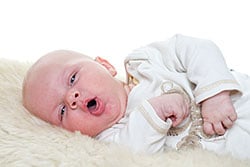
Rsv In Infants And Young Children Cdc

Rsv Do You Know The Signs Mom Unleashed

How To Recognize The Warning Signs Of Rsv Allergy Asthma Network

Does Your Child Need An Rsv Test Keep Kids Healthy

How To Reduce The Risk Of Your Baby Catching Rsv Hull University Teaching Hospitals Nhs Trust

Rsv National Coalition For Infant Health

Respiratory Syncytial Virus Rsv National Foundation For Infectious Diseases
Rsv In Babies And Children Children S Healthcare Of Atlanta
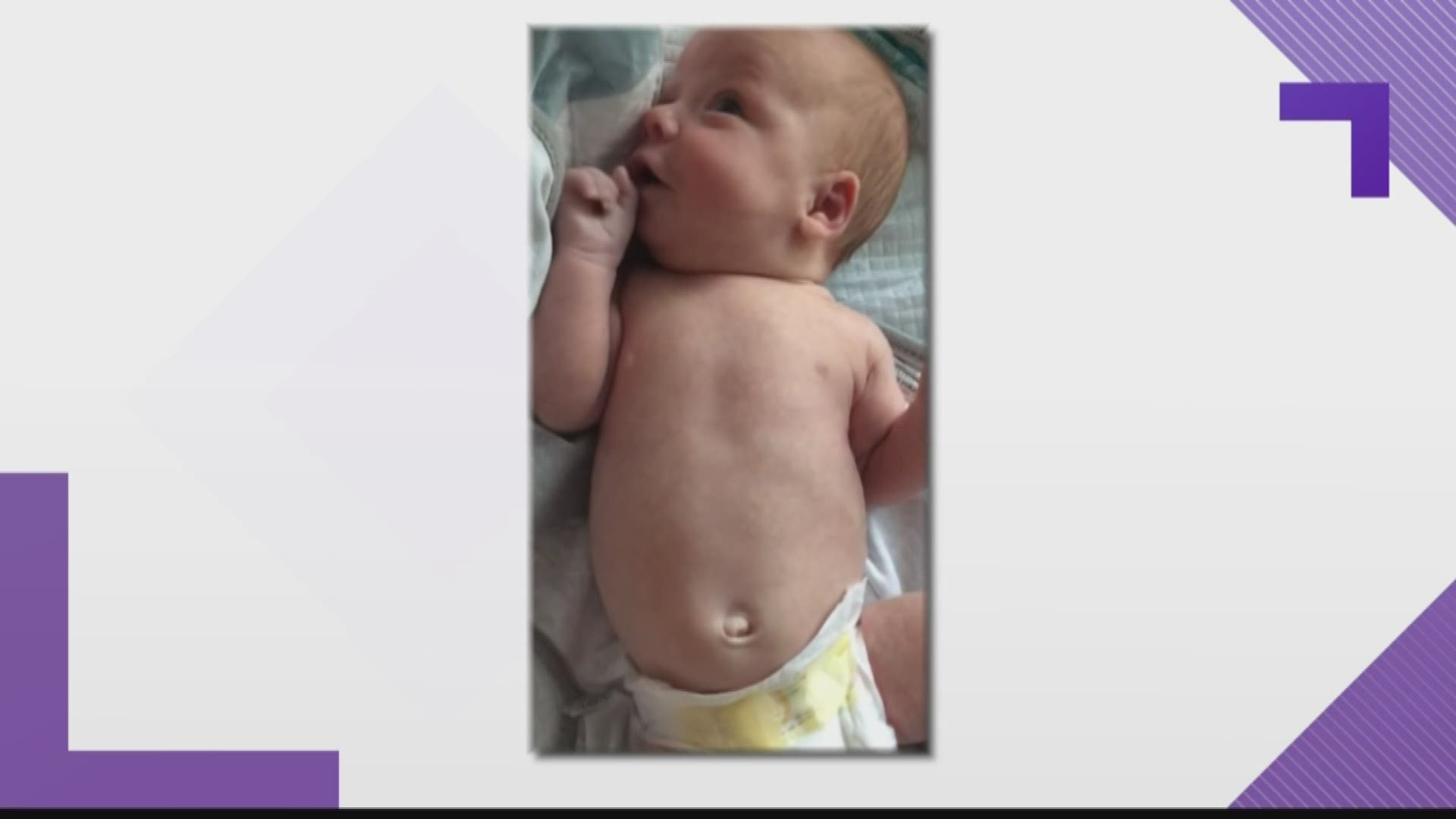
Rsv Cases Increasing What Are The Warning Signs 11alive Com

Rsv In Babies How To Detect Symptoms And Treatments
/85771308-56a6fd0e5f9b58b7d0e5de06.jpg)
Signs And Symptoms Of Rsv And Bronchiolitis

Everything You Need To Know About Rsv Pediatrician Mom Drjaimefriedman

How Rsv Affects Babies And Young Children Babycenter
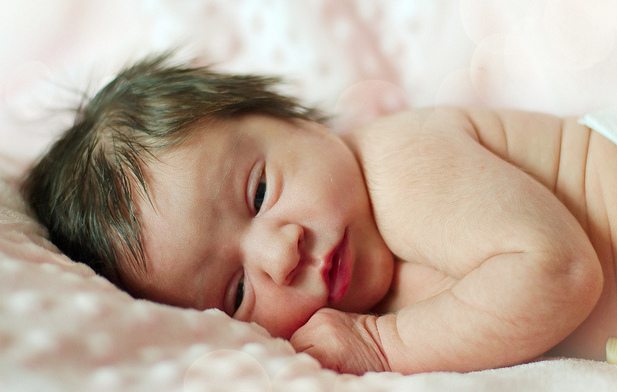
Blog How To Prevent Rsv In Babies Reid Health

Cdc Warns Parents Of Infants To Watch For Rsv Kelsey Seybold Clinic
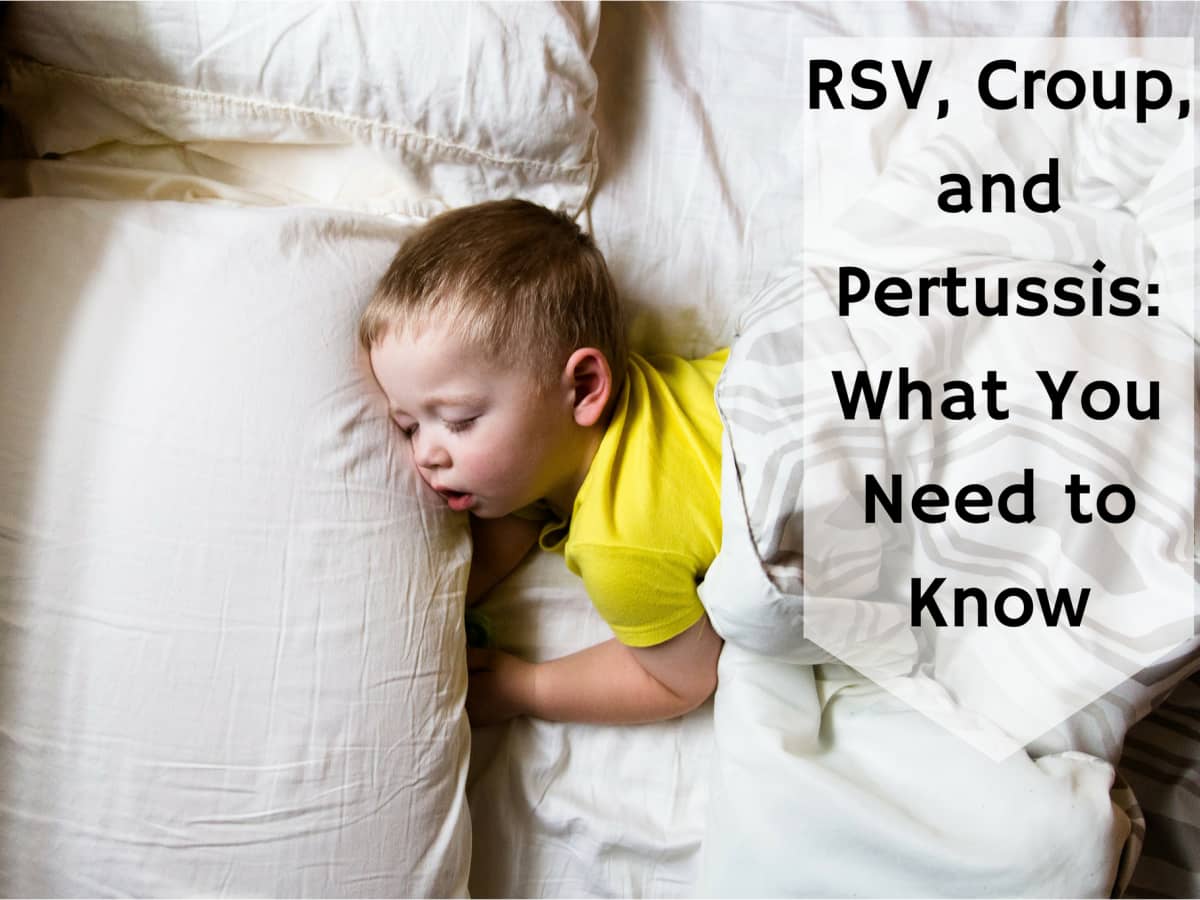
The Differences Between Rsv Croup And Whooping Cough In Kids Wehavekids

Infant Respiratory Syncytial Virus Prophylaxis And Nasopharyngeal Microbiota Until 6 Years Of Life A Subanalysis Of The Maki Randomised Controlled Trial The Lancet Respiratory Medicine

A Naturopathic Approach To Treating Respiratory Syncytial Virus Rsv Bronchiolitis Naturopathic Pediatrics